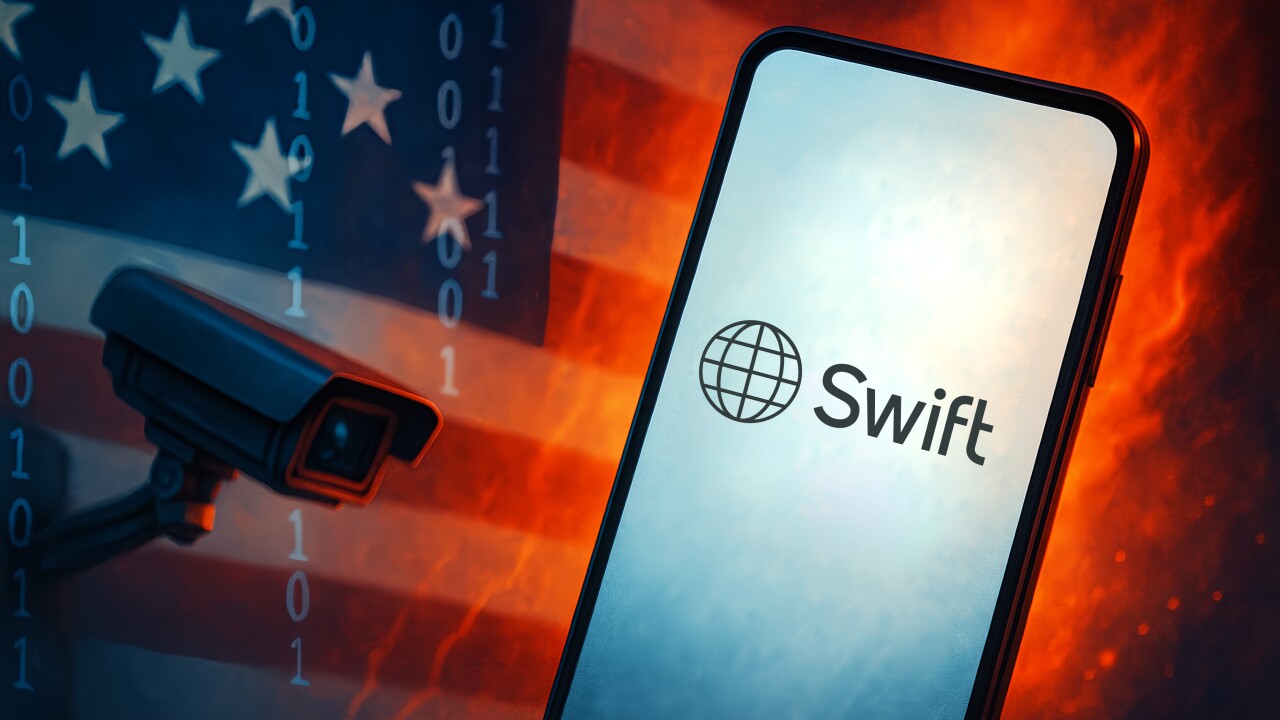President Donald Trump's proposed plan to establish a 10% tariff floor across the board, along with changes at the Federal Deposit Insurance Corp. and the
The long-awaited initial public offering from the Swedish buy now/pay later lender Klarna has been
"In my view it's a terrible time to try an IPO," Adrian Mendoza, general partner and founder of Mendoza Ventures, an investment firm that specializes in fintech, told American Banker. "The back and forth on tariffs has created a volatility in the market, and I see more retail investors pull back on the fears of a recession."
Inflationary discussions in the wake of the tariffs haven't inspired panic in officials with the Federal Reserve. In speaking to an audience during the Society for Advancing Business Editing and Writing's annual conference in April, Fed Chair Jerome Powell remarked that "it's just too soon to say what the appropriate monetary policy response to these new policies will be."
"We will continue to carefully monitor the incoming data," he said. "We are well-positioned to wait for greater clarity."
Other banking leaders like JPMorgan Chase Chief Executive Jamie Dimon are eyeballing the short- and long-term effects of the tariffs. Specifically when it comes to inflation, "[the] impact on investments and capital flows [and] the effect on corporate profits," Dimon said in his
"While inflation has come down, most of what I see in the future is inflationary: continued high fiscal deficits, the remilitarization of the world and the need for infrastructure investment, including the green economy and the restructuring of trade and tariffs," Dimon said.
Read more:
Regulatory news has also been rampant in recent weeks.
The on-again, off-again situation at the CFPB under the Trump administration has entered a new phase, as the agency
Since the departure of
Lead officials have worked to effectively defang the CFPB through
Read more:
Read the full recap of these issues and more below.













